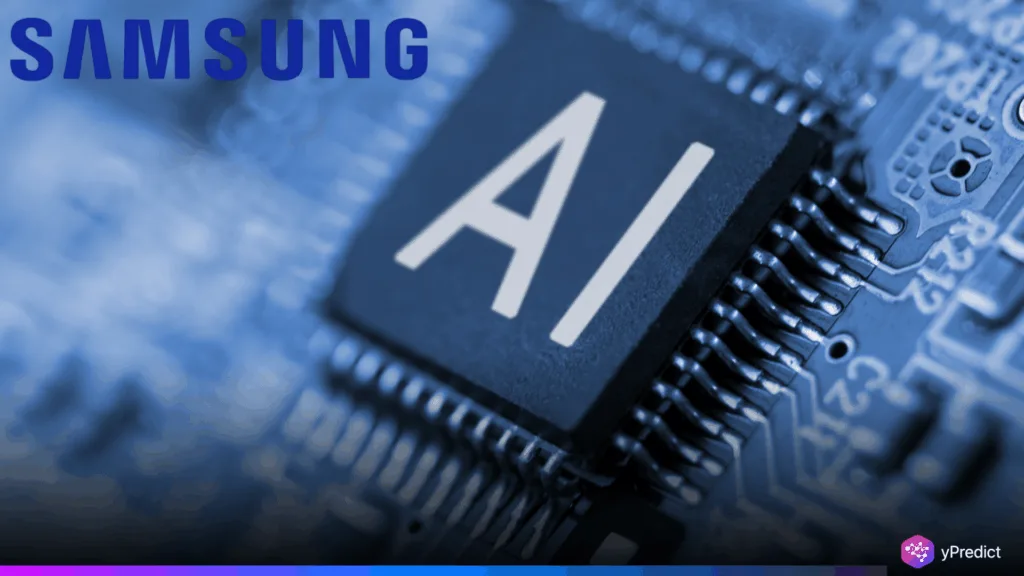
Samsung Electronics is expected to report a 39% drop in Q2 operating profit, primarily due to delays in AI chip sales. It is anticipated that the company’s April-June earnings will fall to just 6.3 trillion won ($4.62 billion). Additionally, it will be at its lowest point in six quarters.
A primary cause is the delayed delivery of advanced memory chips to Nvidia. Samsung trailed competitors in the AI race, including SK Hynix and Micron. Thus, Samsung’s profits are under pressure as the global demand for chips that power data centers rises.
Samsung Stumbles as Chip Supply Delays Increase
Samsung has long led the semiconductor industry, but it is now playing catch-up in the era of AI. The core issue? Nvidia is a major purchaser of AI hardware. It has yet to receive certification for its advanced HBM3E 12-layer memory chips.
Additionally, competitors SK Hynix and Micron have already secured contracts, preventing Samsung from taking advantage of important early opportunities. Analysts claim that as the AI market shifts toward certified, deployable chips, Samsung’s profits continue to decline. It is now doubtful that shipments will make it to Nvidia this year. However, AMD has been receiving limited supplies since June.
Why Are AI Chip Sales Dropping for Samsung?
The delay in AI chip sales stems from two problems. They include stricter US export regulations and delayed product development. Although Samsung’s HBM3E chips are crucial for AI servers, they are still excluded without Nvidia’s consent.
Additionally, roughly 33% of Samsung’s HBM chip sales come from China, a market affected by recent US trade restrictions. The company’s semiconductor division was significantly impacted by the combination of delayed certification and restricted exports.
Samsung has restructured its internal operations to combat this. It established specialized teams for memory chips and advanced packaging to accelerate innovation. Therefore, these structural changes are intended to increase responsiveness, increase dependability, and regain ground that has been lost to rivals.
Samsung Bets on Strategy to Recover Market Lead
Samsung’s efforts now depend on how quickly it can meet market demands. Industry sources warn that rivals may permanently seize the high-performance chip market if certification is unsuccessful this year. Samsung continues to profit from consistent smartphone sales despite its poor financial results.
The company’s future in AI chip sales depends on rapid development and winning over customers, particularly Nvidia. Furthermore, Samsung could lose its dominance in a field thought to be essential to future technology if it fails.
Will Samsung Rebound or Keep Falling Behind?
Samsung’s Q2 results make it evident that the competition for supremacy in AI is strong. Thus, the pressure is growing after four consecutive quarters of decline. Although restructuring is a step in the right direction, its implementation will determine Samsung’s profitability. They will either make a comeback or keep falling behind in the race for the top memory chip spot.





